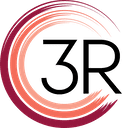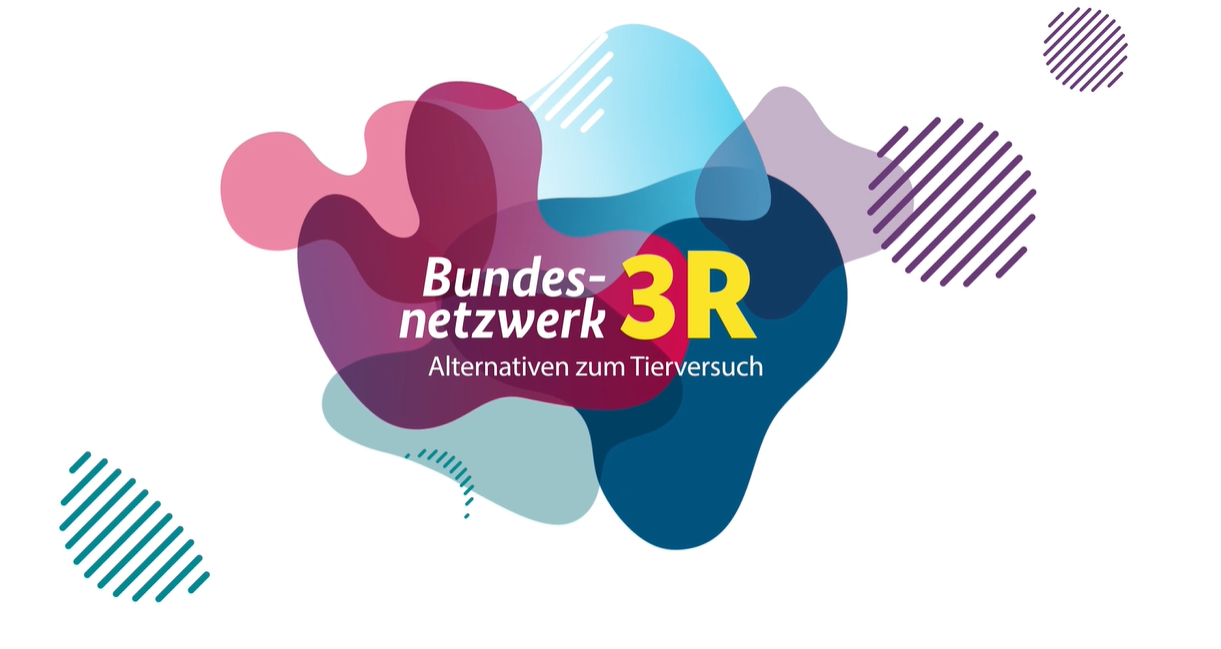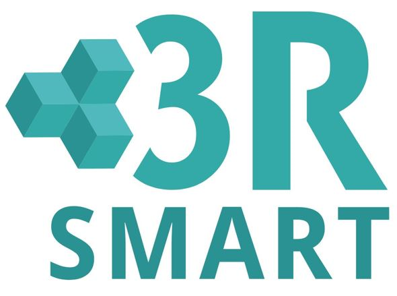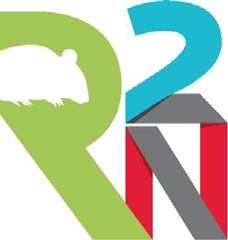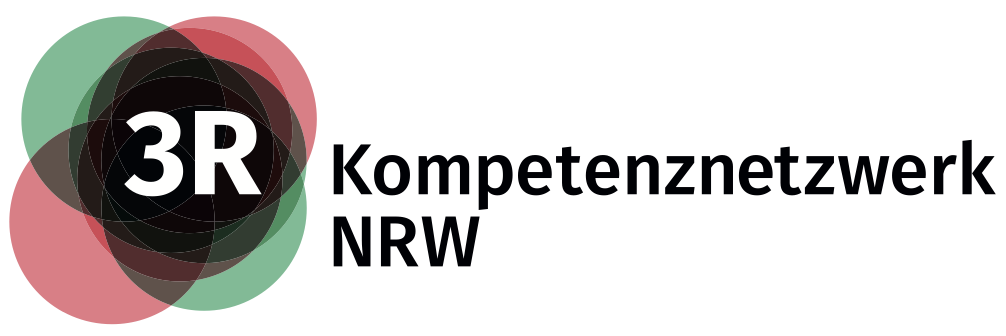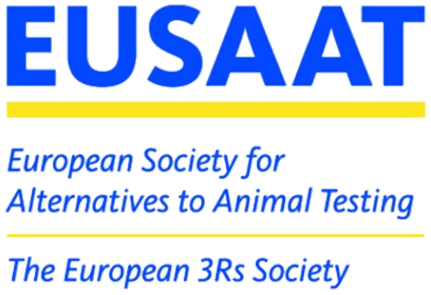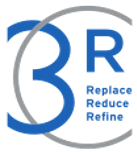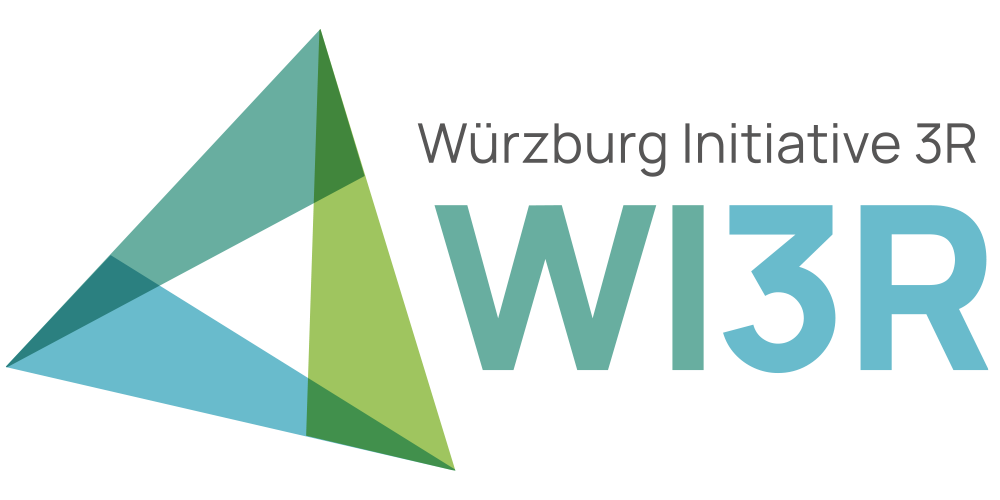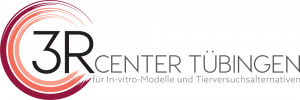European Society for Alternatives to Animal Testing
EUSAAT is an association of various interested persons, institutions, companies and organizations. It sees itself as the European 3R-platform and offers know-how, a comprehensive network and also supports corresponding training measures. In close cooperation with NGOs, scientific institutions and relevant companies, it develops and disseminates replacement and supplementary methods to animal experiments in order to implement them in practice.
EUSAAT is active in all areas of the life sciences that are directly or indirectly involved in animal testing. This also includes the chemical-pharmaceutical industry, the field of cosmetics, basic research and also the field of regulatory and thus legally prescribed tests.
